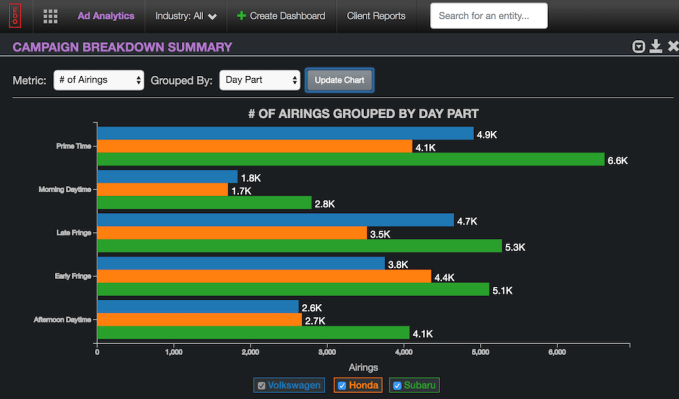Accelerated Mobile Pages, or AMP, has been a controversial project since its debut. The need for the framework has been clear: the payloads of mobile pages can be just insane, what with layers and layers of images, Javascript, ad networks, and more slowing down page rendering time and costing users serious bandwidth on metered plans.
Yet, the framework has been aggressively foisted on the community by Google, which has backed the project not just with technical talent, but also by making algorithmic changes to its search results that have essentially mandated that pages comply with the AMP project’s terms — or else lose their ranking on mobile searches.
Even more controversially, as part of making pages faster, the AMP project uses caches of pages on CDNs — which are hosted by Google (and also Cloudflare now). That meant that Google’s search results would direct a user to an AMP page hosted by Google, effectively cutting out the owner of the content in the process.
The project has been led by Malte Ubl, a senior staff engineer working on Google’s Javascript infrastructure projects, who has until now held effective unilateral control over the project.
In the wake of all of this criticism, the AMP project announced today that it would reform its governance, replacing Ubl as the exclusive tech lead with a technical steering committee comprised of companies invested in the success in the project. Notably, the project’s intention has an “…end goal of not having any company sit on more than a third of the seats.” In addition, the project will create an advisory board and working groups to shepherd the project’s work.
The project is also expected to move to a foundation in the future. These days, there are a number of places such a project could potentially reside, including the Apache Software Foundation and the Mozilla Foundation.
While the project has clearly had its detractors, the performance improvements that AMP has been fighting for are certainly meritorious. With this more open governance model, the project may get deeper support from other browser makers like Apple, Mozilla, and Microsoft, as well as the broader open source community.
And while Google has certainly been the major force behind the project, it has also been popular among open source software developers. Since the project’s launch, there have been 710 contributors to the project according to its statistics, and the project (attempting to empathize its non-Google monopoly) notes that more than three quarters of those contributors don’t work at Google.
Nonetheless, more transparency and community involvement should help to accelerate Accelerated Mobile Pages. The project will host its contributor summit next week at Google’s headquarters in Mountain View, where these governance changes as well as the technical and design roadmaps for the project will be top of mind for attendees.
from www.tech-life.in












No comments:
Post a Comment